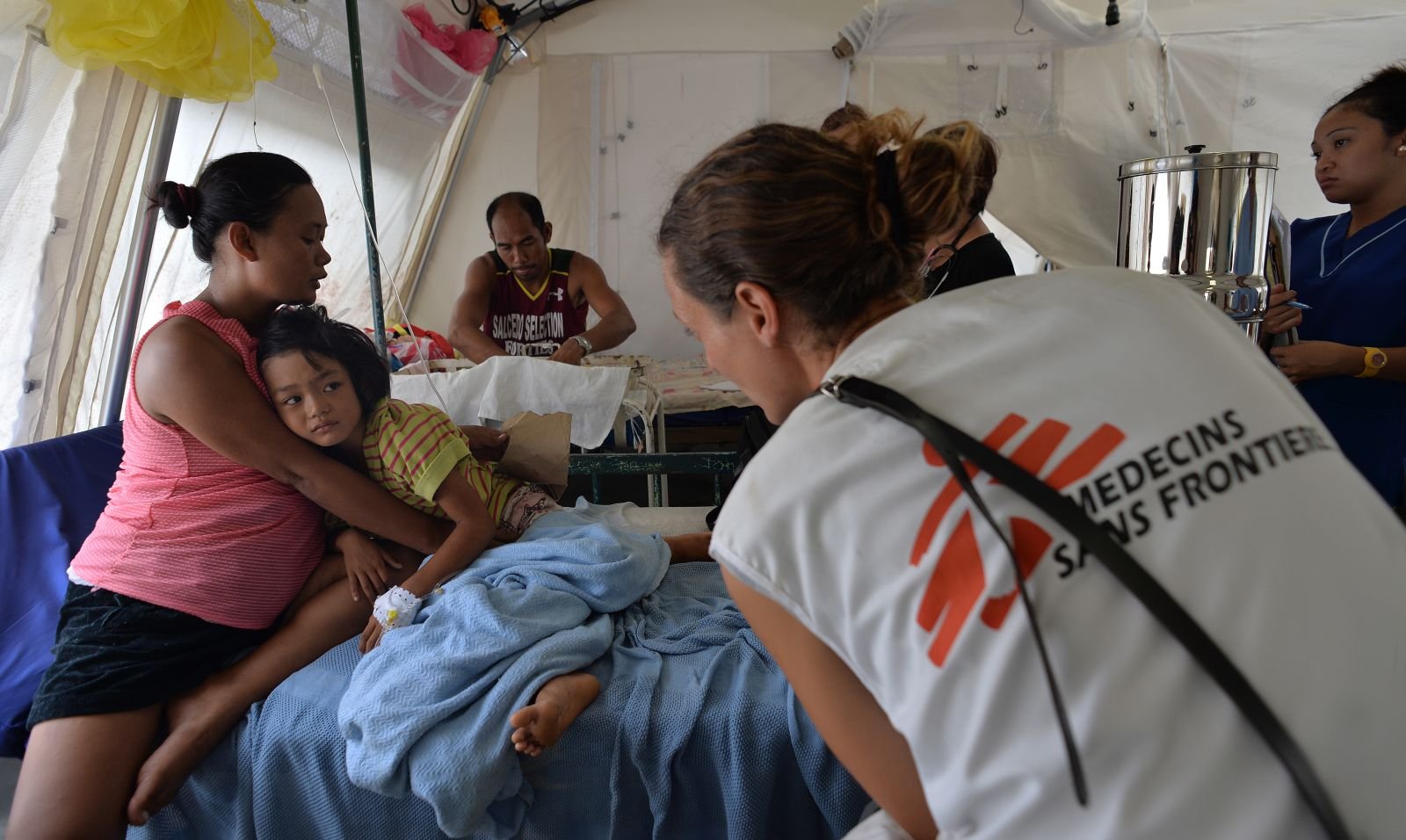In the heart of Gaza, amidst the echoes of an ongoing conflict that has spanned months and taken countless lives, lies al-Shifa Hospital. This institution, a beacon of hope and healing in times of peace, found itself at the center of a week-long raid by Israeli forces. The operation, described as one of the largest and most successful in this six-month war, brings to light not just the immediate impacts but also raises profound questions about tradition, community, and moral guidance in times of crisis.
The Israel Defense Forces (IDF) embarked on this significant military endeavor with claims that over 800 men were detained within the hospital’s confines – 480 alleged to be members of Hamas and Islamic Jihad. The meticulous nature of this operation was underscored by efforts to minimize civilian casualties amidst a toll that saw at least 170 people killed. Such figures prompt us to reflect on the delicate balance between pursuing security objectives and preserving human life – a balance deeply rooted in traditional values emphasizing sanctity and dignity.
As news emerged that top Israeli defense officials were planning discussions with Washington about extending their offensive into Rafah, criticism from various quarters including the Biden administration highlighted international concerns over escalating violence. Yet these plans might be reconsidered following a UN Security Council ceasefire resolution passed despite previous U.S. opposition—a testament to global efforts aimed at halting further bloodshed.
This ceasefire, albeit met with skepticism from both Hamas and Israel who oppose it, represents more than just a pause in hostilities; it is an opportunity for reflection on what binds communities together even in times of division. It beckons us to consider how traditions—those practices and principles handed down through generations—can offer solace or serve as guiding lights during tumultuous periods.
In moments like these, when hospitals transform from sanctuaries into battlegrounds, we are reminded of our shared humanity; that beyond political affiliations or religious beliefs lies a collective yearning for peace and stability. Al-Shifa Hospital’s ordeal underscores not only the complexities inherent in modern warfare but also challenges us to ponder our responsibilities towards each other under such circumstances.
Engaging with such events thoughtfully compels us to confront uncomfortable truths about cultural shifts occurring before our eyes—shifts where longstanding traditions seem at odds with contemporary realities. Yet it is precisely within this tension that opportunities for understanding emerge; opportunities to reaffirm commitments towards fostering family unity, religious freedom, and community engagement even amidst adversity.
As we navigate through these challenging times marked by conflict between Israel and Gaza—and particularly around sensitive zones like al-Shifa Hospital—it becomes imperative for societies worldwide to rekindle those traditional values which have historically provided stability and moral guidance. In doing so may lie paths towards reconciliation not just within fractured communities but also amongst nations striving for peace amid enduring strife.
Thus stands al-Shifa Hospital: A symbol not only of pain endured but also resilience displayed—a reminder that even amid devastation there remains hope for rebuilding what has been lost if we dare embrace those timeless virtues binding us across cultures: compassion,
understanding,and an unwavering pursuit of justice.

Leave a Reply